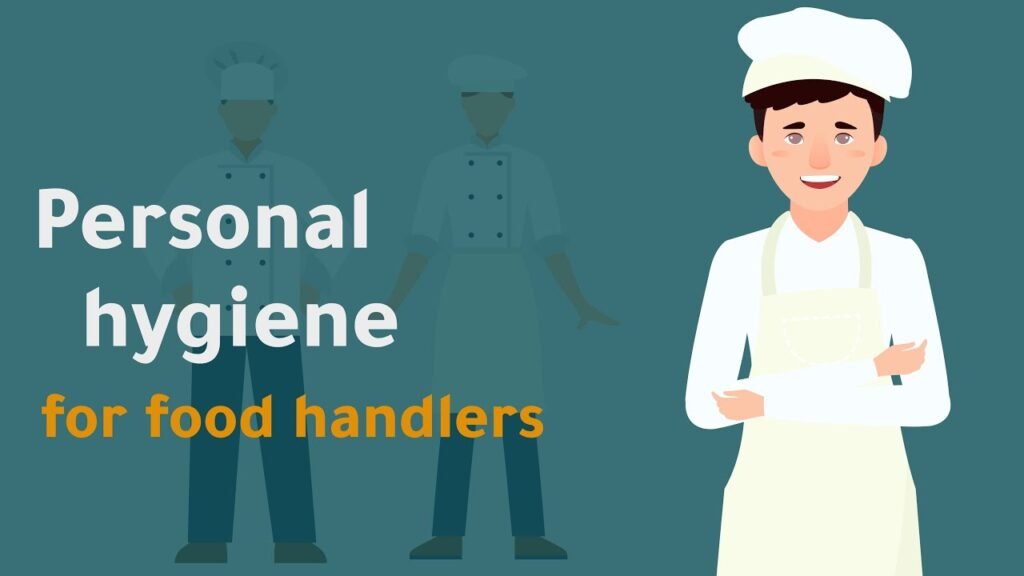Hygiene is critical in the food industry, and ensuring that workers are wearing appropriate hygiene wear is an essential aspect of food safety. From hairnets and beard covers to gloves, aprons, and other protective gear, hygiene wear helps to prevent contamination and promote a safe food supply. In this article, we’ll explore why hygiene wear is needed in the food industry and the types of protective clothing available for workers.

First, it’s essential to understand why hygiene wear is so crucial in the food industry. Contamination of food can cause serious health effects ranging from mild digestive issues to severe illnesses like salmonella and E. Coli poisoning. Even minor contamination can cause severe adverse reactions, particularly in individuals with weakened immune systems.
Hygiene wear helps to prevent contamination from workers who may inadvertently transfer bacteria or viruses to the food they are handling. Protective gear serves as a barrier between the worker and the food, which helps to reduce the risk of contamination. Personal protective equipment (PPE) ensures that workers are not spreading germs or other contaminants throughout the food preparation process.
In addition to providing a barrier, hygiene wear helps to promote cleanliness in the food industry. Workers must wear clean and appropriate clothing, including disposable white coats, hairnets, beard covers, gloves, and pe aprons. These items must be laundered regularly to ensure they are free from contaminants between uses. Maintaining cleanliness in this way helps to promote a safe and healthy working environment for food industry employees and customers alike.
Different areas of the food industry require different types of hygiene wear. For example, the attire required in a commercial kitchen will differ from that of a factory that produces packaged foods. In general, food industry hygiene wear falls under two main categories: general protective gear and specialized protective gear.
General protective gear includes items like hairnets, beard covers, disposable gloves, aprons, and lab coats. These items help to keep food preparation areas clean and free from contaminants. Hairnets and beard covers, for example, prevent hair and other debris from falling into food or equipment.
Disposable gloves and aprons are also essential for food workers. Gloves help to prevent workers from handling food with their bare hands, which can spread bacteria. Aprons protect clothing from spills and splashes and may also prevent cross-contamination.
Specialized protective gear is required in areas where workers face specific hazards. For example, workers who handle raw meat must wear different protective gear than those who work in a dry goods warehouse. The following are some types of specialized protective gear that may be required in specific areas of the food industry:
- Anti-slip shoes: These shoes have a non-slip sole and are often required in areas where liquids may be spilled on the floor.
- Cut-resistant gloves: These gloves provide additional protection for workers who use knives or other sharp objects.
- Face shields: These guards protect workers from splashes and sprays of food or cleaning products.
- Respirators: These breathing masks offer protection against airborne particles or fumes that could be harmful to workers.
While hygiene wear is essential in the food industry, workers must also follow proper hygiene practices. Workers should wash their hands frequently and refrain from wearing jewelry or other items that can fall into food. They should also avoid touching their face, hair, or other parts of their body while handling food.
Hygiene wear is necessary in the food industry to prevent contamination and promote cleanliness. The types of hygiene wear required depend on the specific area of the food industry, but all workers should wear general protective gear like hairnets, beard covers, gloves, and aprons. Specialized protective gear is required in areas where workers face specific hazards. By following proper hygiene practices and wearing appropriate hygiene wear, food industry workers can help to keep the food they prepare safe and healthy for all consumers.


